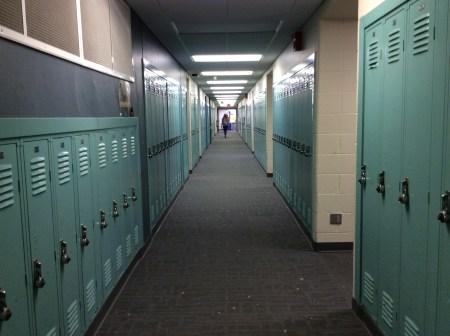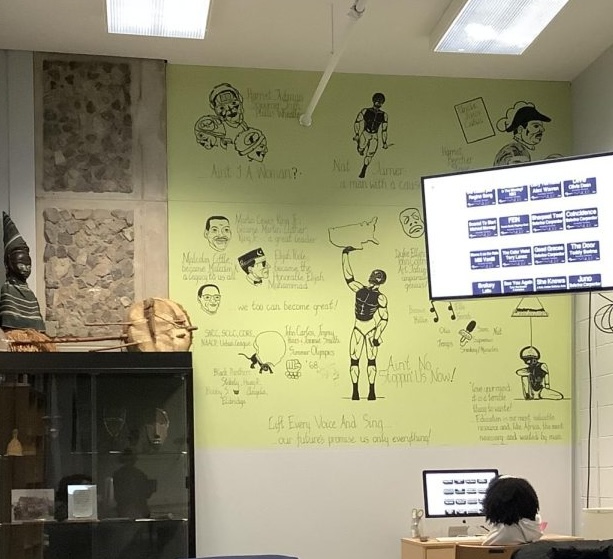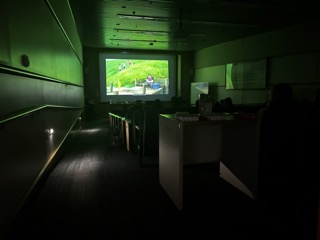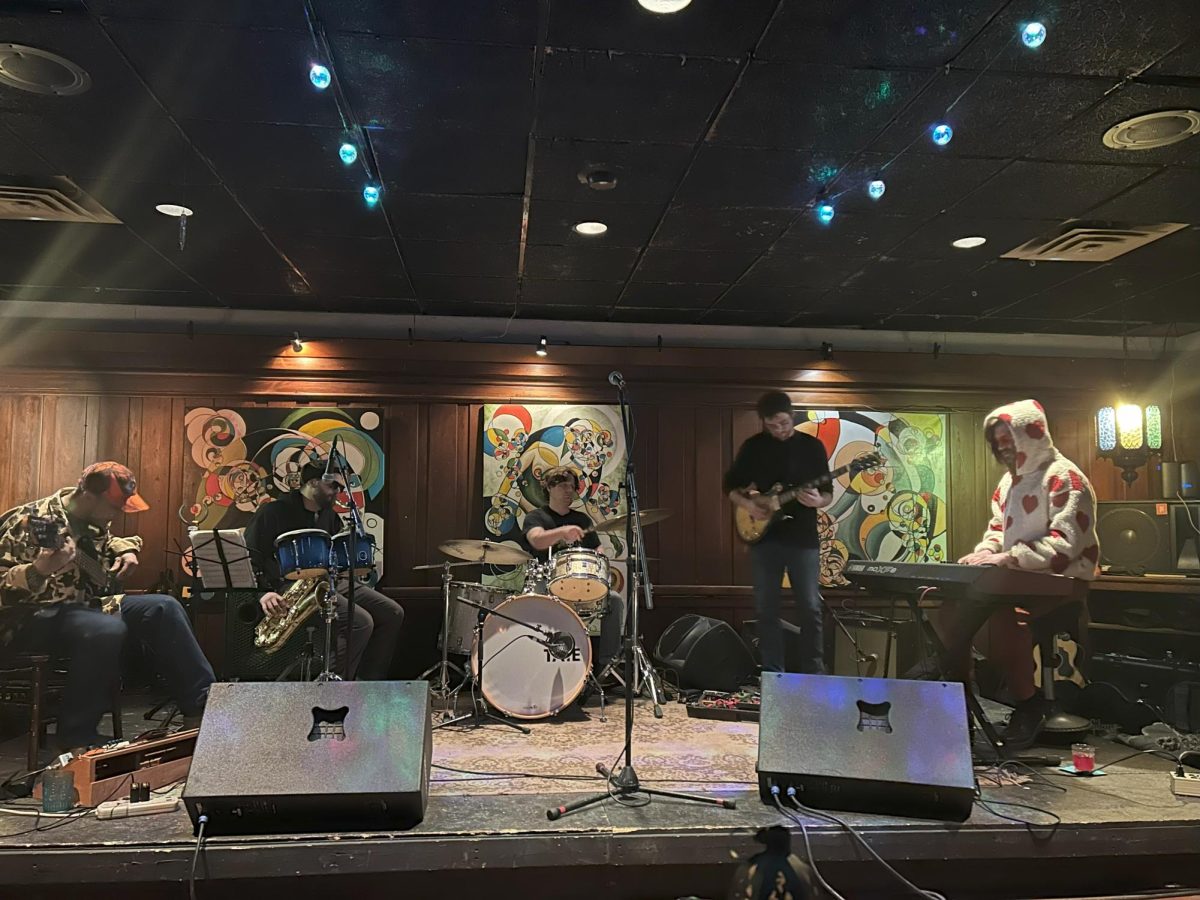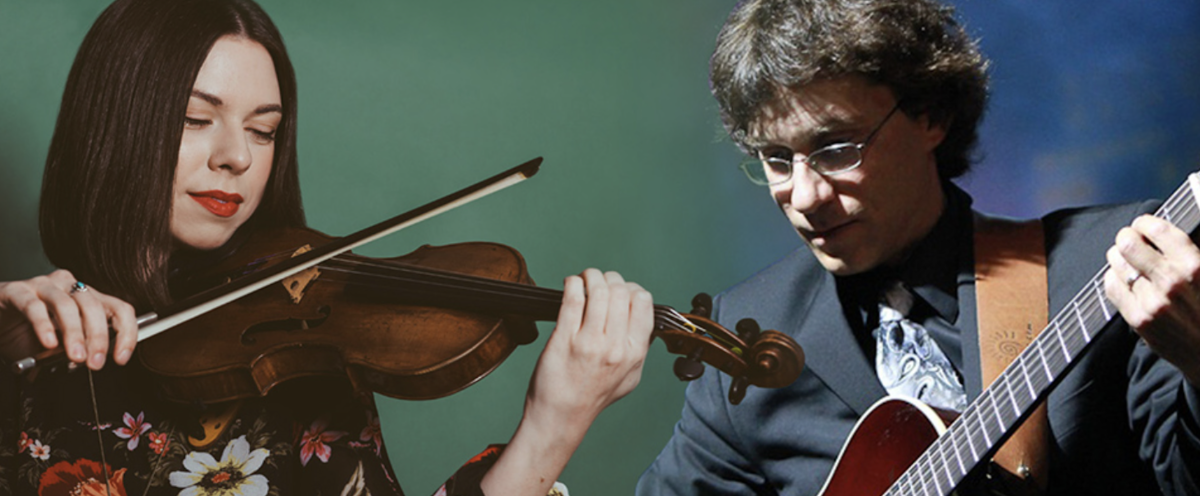At the Whalen School of Music at Ithaca College, practice seems to be emphasized in the curriculum for intellectual and artistic growth. Malcolm Gladwell’s 10,000-hour rule is simple: practice 10,000 hours of a discipline, and you’ll become a master at it.

STUDENT 1: NICK PARAGGIO
Paraggio knew the details of the 10,000-hour philosophy long before being interviewed, and he thinks the idea shouldn’t be accepted at face value.
“I think [Gladwell] has a lot of good ideas,” Paraggio said. “The idea of 10,000 hours is a good conceptual tool but it shouldn’t be taken literally. It would be easy to say, ‘wow, it only takes 10,000 hours to become a master at something? Easy! But here’s the key: it’s about how you spend your time.”
When asked how many hours he thinks he spent practicing inside the Whalen School of Music, he gave a few approximations.
“Say a school year is 35 weeks. Freshman year I was probably in here a total of 400 hours. Sophomore year? Probably 500 hours. This year, in the past 5 weeks, I’ve been in here another 150 to 200 hours.”

STUDENT 2: MADDY PARKES
In another practice room, Parkes prepares to play through more piano scales. When considering her involvement in multiple music groups, practice hours add up.
“I’m supposed to practice 25 hours a week for solo work,” Parkes said. “I actually do at least 20. It can be more sometimes. ”
Parkes said she believes mastering an instrument can be systematic.
“The best thing to do is stay organized and keep your practice consistent,” Parkes said. “That’s what your brain is going to jump on. If you have goals when you practice, that makes your practicing efficient. Before you master an instrument, you should master practice. It’s very transferable to other disciplines.”

STUDENT 3: ZANE CARNES
Carnes downloaded “A Tracker,” a phone application that tracks how long you’ve been practicing and what it is you’ve specifically practiced.
“So far since the semester I’ve spent a total of 3 days and 9 hours practicing,” Carnes said. ” I’ve spent one and a half days on technique alone.”
Carnes said he agrees with Paraggio: it’s not about the amount of hours you practice. It’s about how you practice.
“I’ve probably put in 10,000 hours running around in life, but I’m not a sprinter, Carnes said. It’s about the quality of the practice time.”
THE PAYOFF
Paraggio, Parkes, and Carnes said pursuing music is worth it because it reaps its own rewards.
“It’s easy to get caught up in the mind-numbing repetition of this, but this lets us connect to music more,” Parragio said. “I don’t do this because I like scales. I do this so I can play the music that I love as well as that music deserving to be played well. ”
“Practicing can be discouraging because it can be frustrating,” Parkes said. “But the fruits of practicing are worth it.”
“Always remember it’s about the artistry and making music,” Carnes said. “Technique doesn’t matter in the end. It’s about how you’re connecting with people.”
THE PROCESS
Here is an inside look at how Nick Paraggio practices music.
https://www.youtube.com/watch?v=CjcSvO-H2xo

